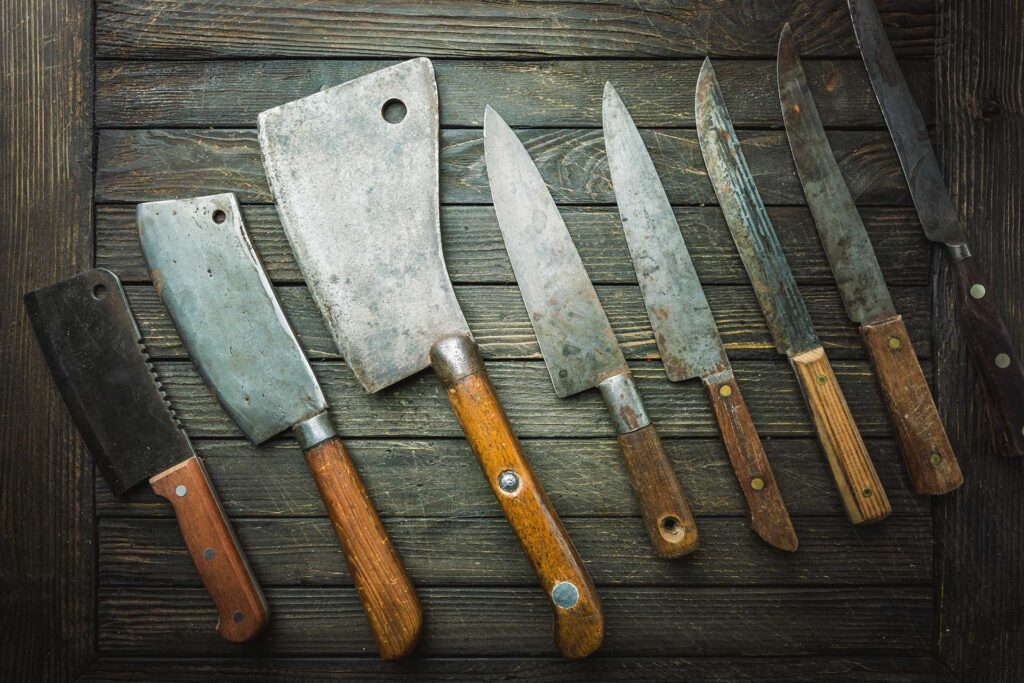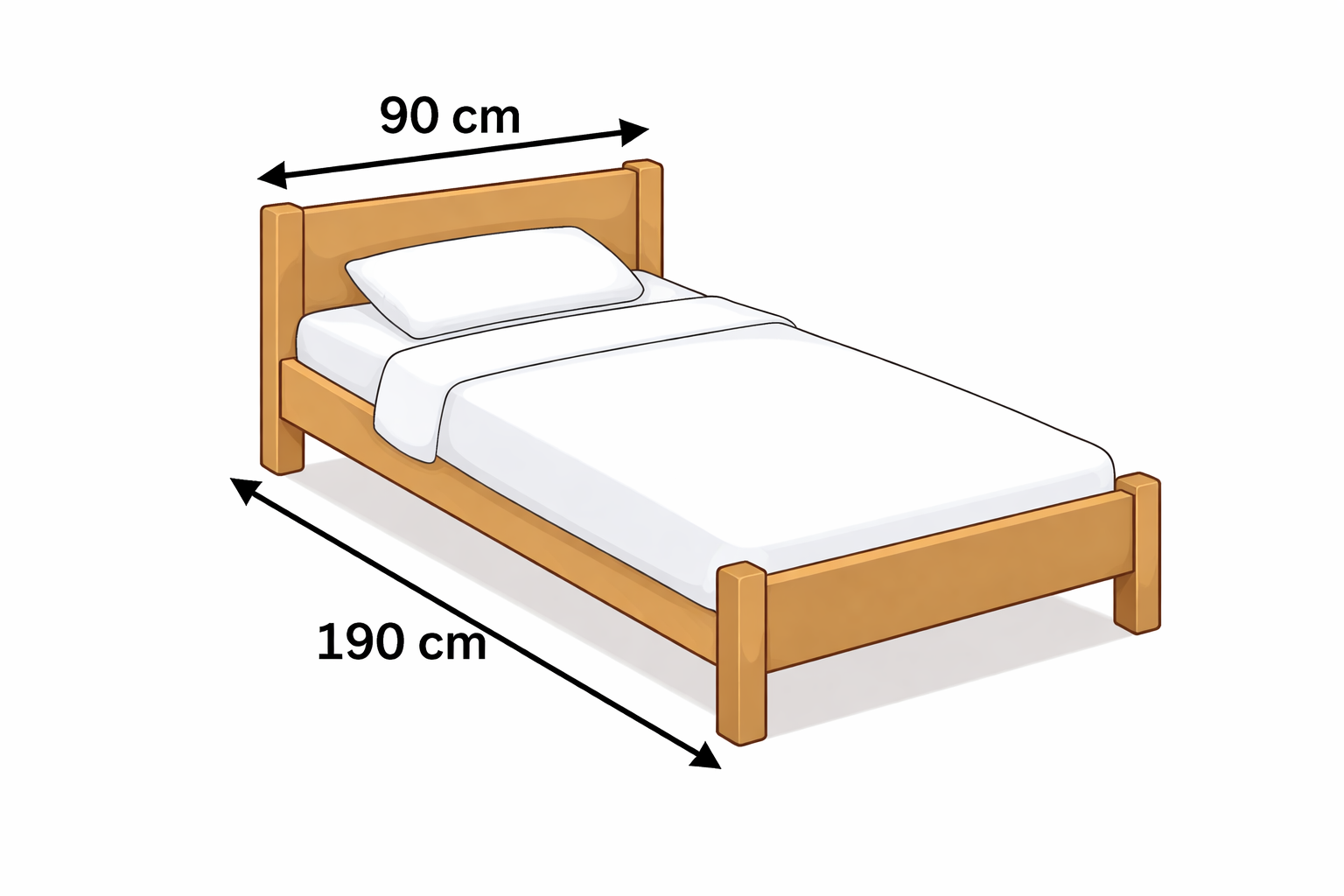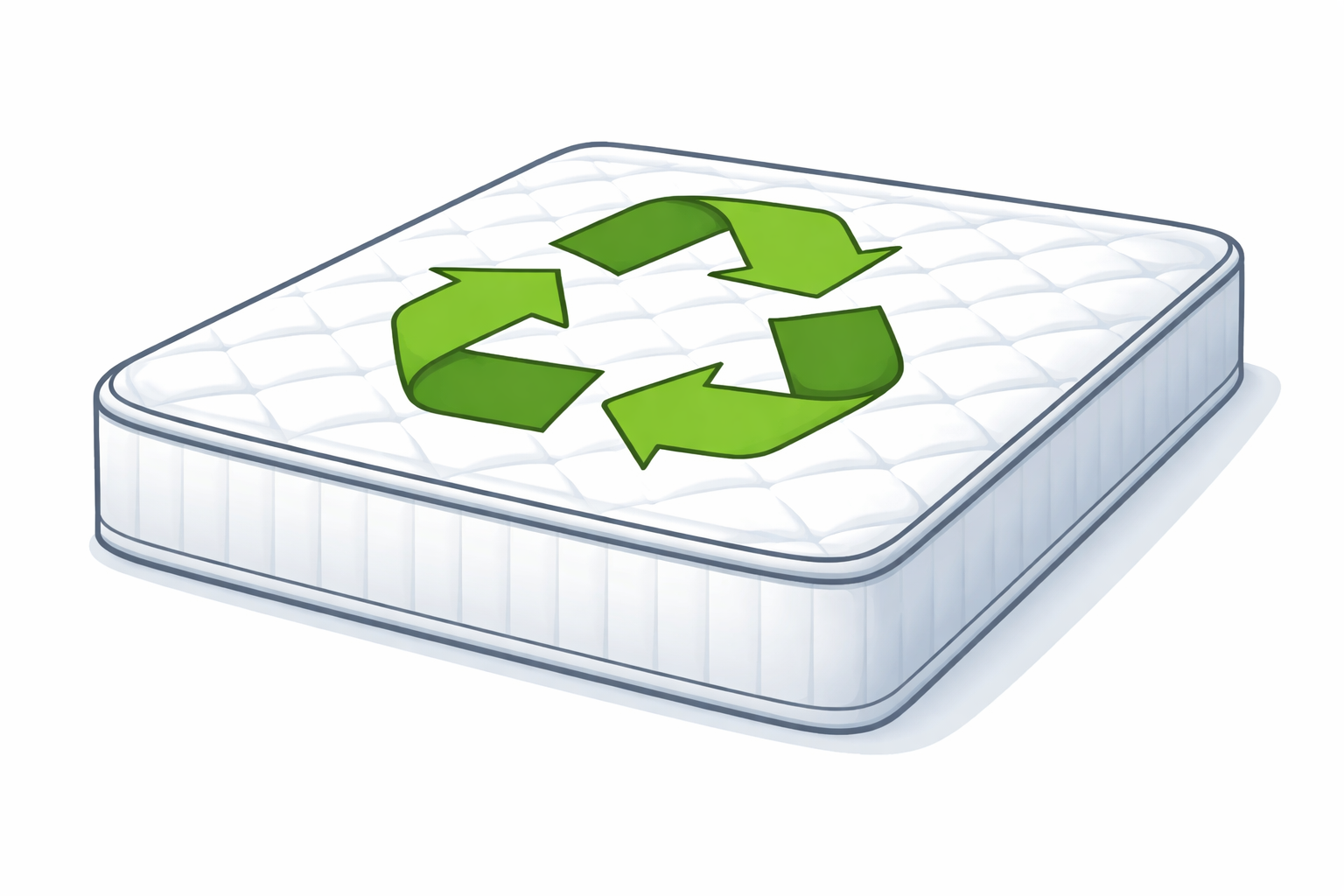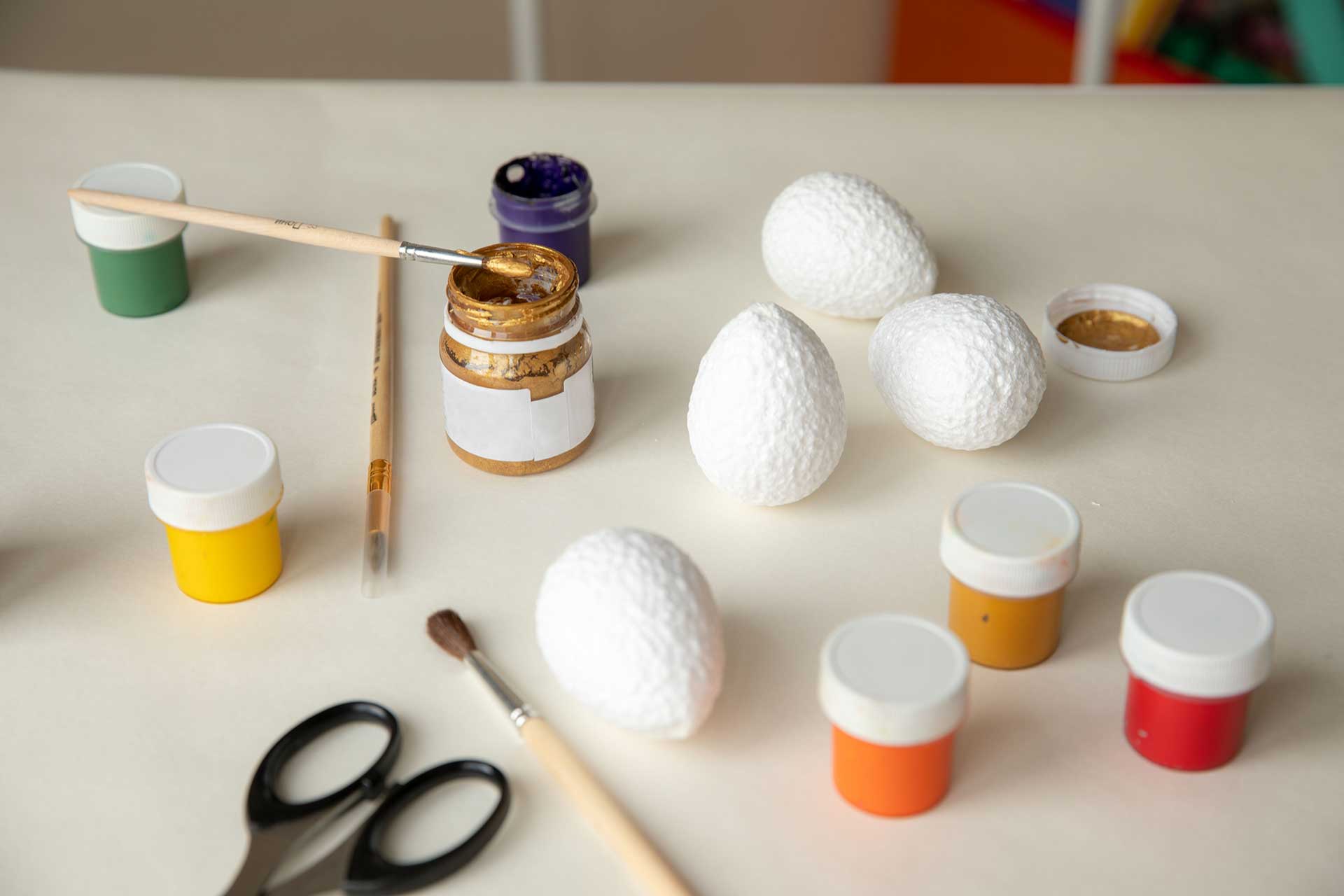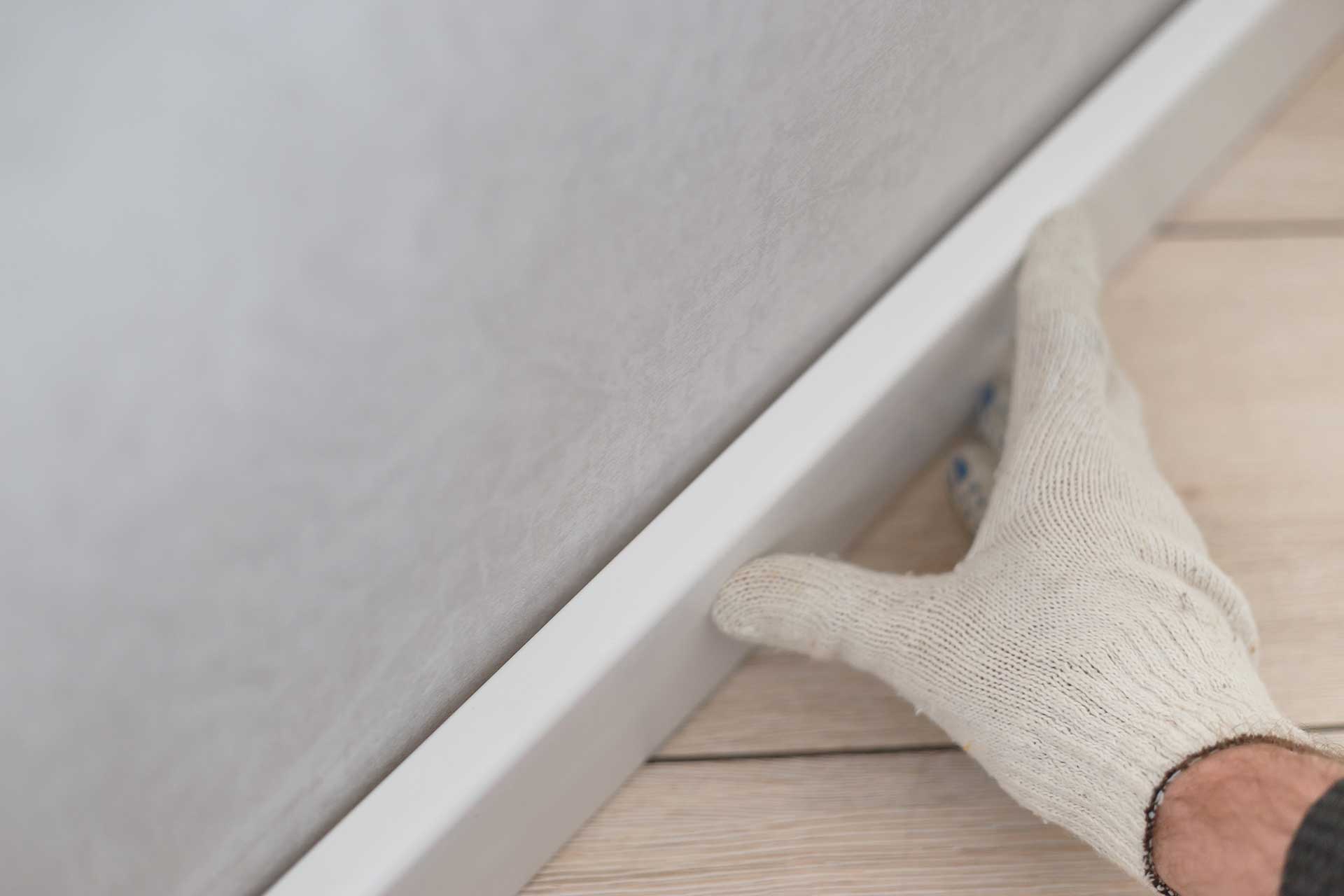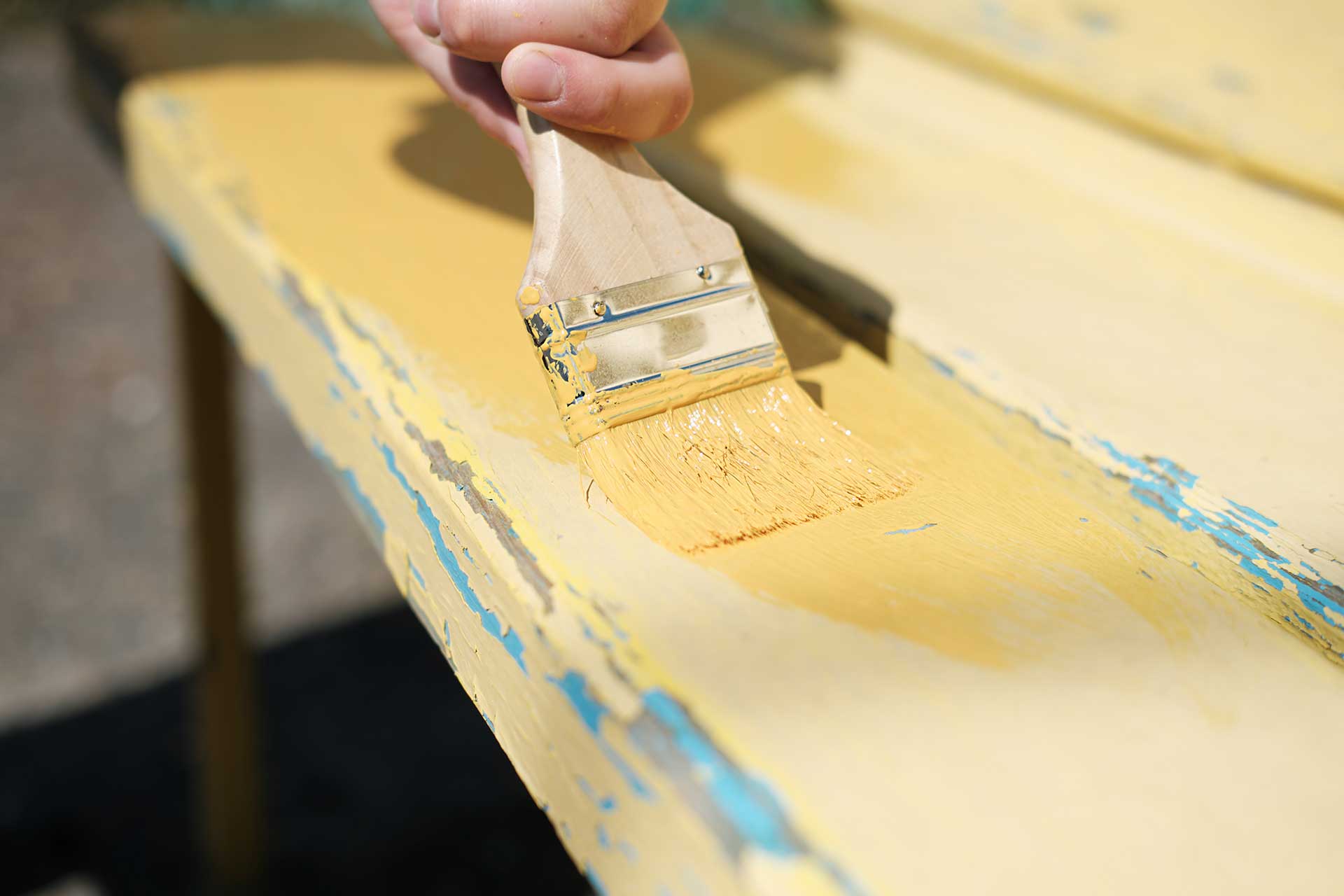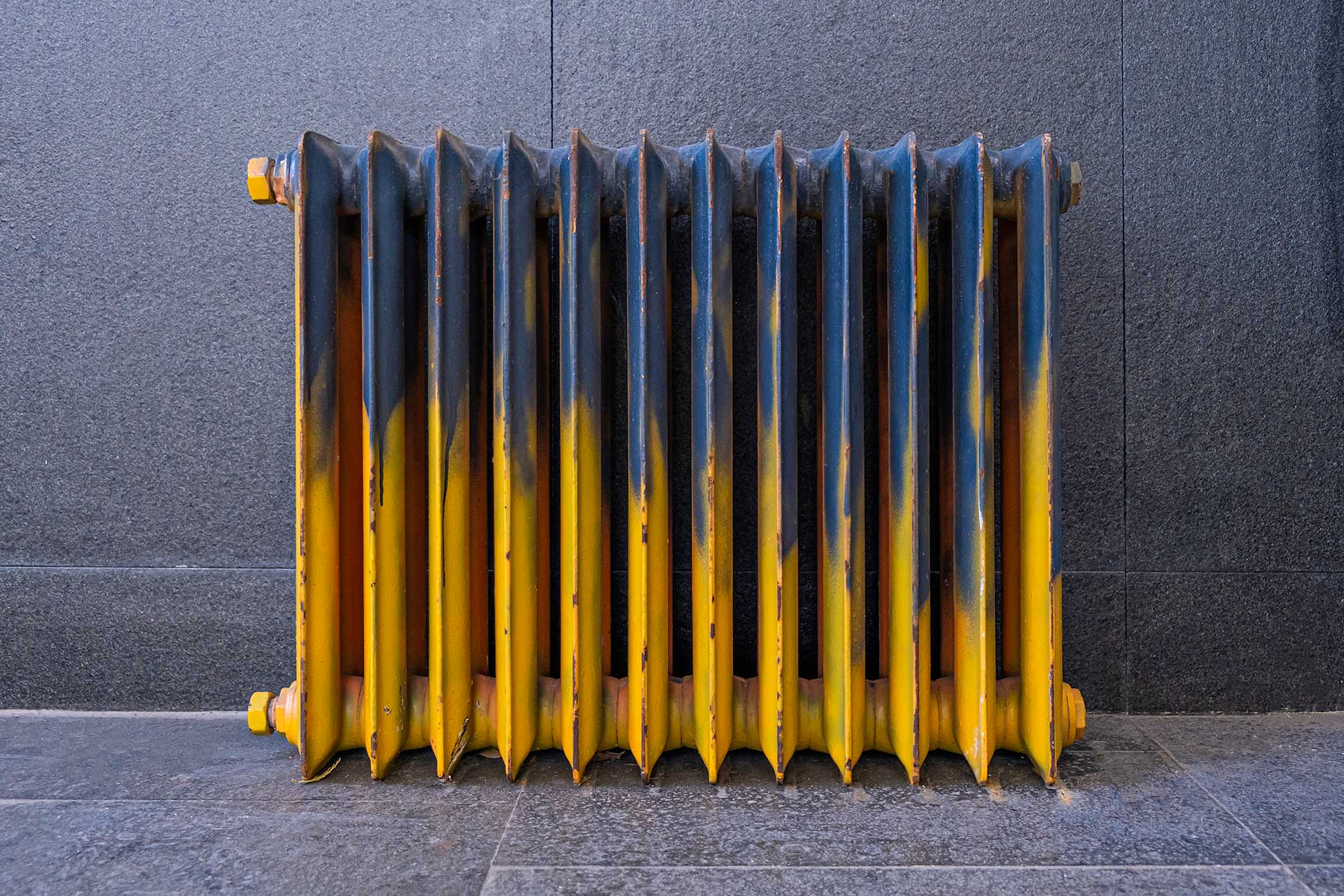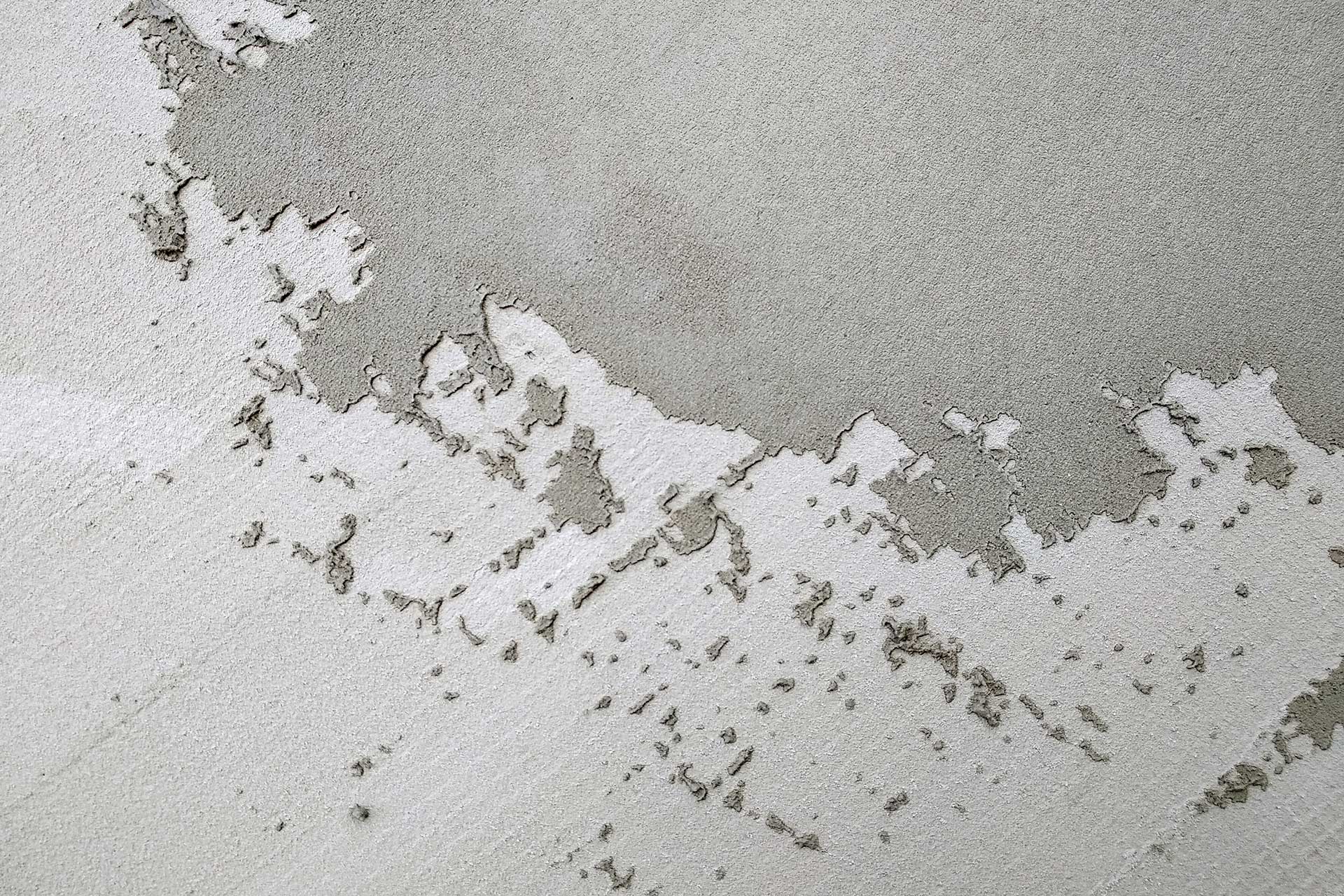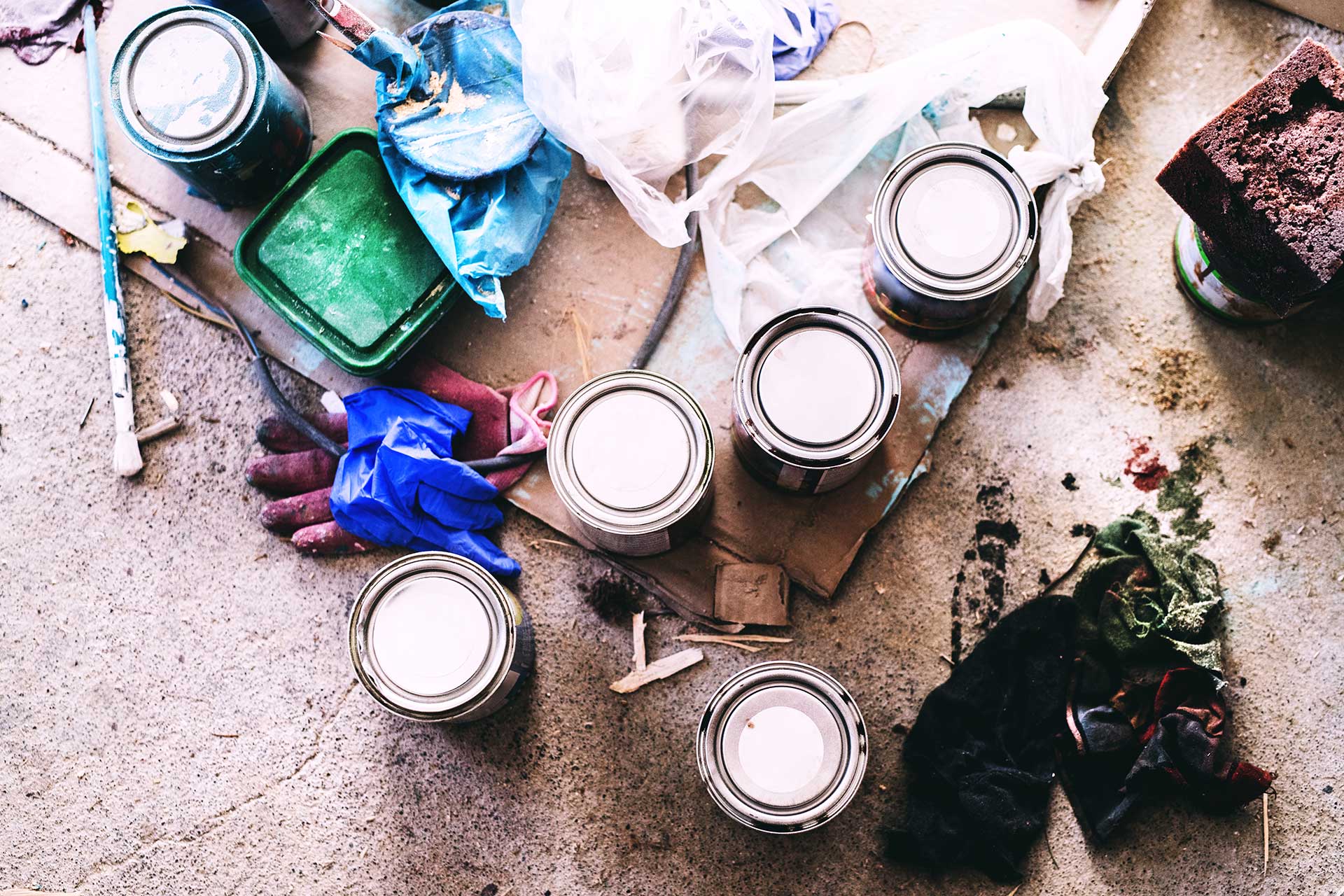In the hustle and bustle of our daily lives, we often overlook the importance of properly disposing of everyday household items, especially those that pose potential safety risks. Kitchen knives, while indispensable tools in our culinary endeavours, eventually reach the end of their useful life. When that time comes, you really should know how to dispose of them safely and responsibly.
Understand the Risks
Before we go into more detail about disposal methods, you need to understand why proper knife disposal is so important. We all know that sharp knives are dangerous, but dull or damaged knives are just as dangerous. Sharp edges can easily cut through bin bags, potentially injuring waste collection workers or anyone who encounters the rubbish. Moreover, carelessly discarded knives can end up in landfills, where they may harm wildlife or contaminate soil and water sources.
In the UK, where waste management regulations are stringent, improperly disposing of sharp objects like knives can lead to fines or other penalties. Taking the time to dispose of your old kitchen knives correctly is not just a matter of personal responsibility but it’s also a legal obligation.
Assessing Your Knives
The first step in the disposal process is to assess the condition of your knives. Are they simply old and no longer sharp enough for kitchen use, or are they damaged beyond repair? How you answer this question will determine the best method to use when disposing of your kitchen knives.
For knives that are still in good condition but no longer needed, consider donating them to charity shops, community kitchens, or organisations that help people set up new homes. Many of these places accept kitchen knives, as long as they’re in usable condition. However, always check with the organisation first, as some may have policies against accepting sharp objects.
Safe Disposal Methods
When it comes to knives that are truly at the end of their life, there are several safe disposal methods available to UK residents.
1. Local Recycling Centres
Many local recycling centres, also known as household waste recycling centres (HWRCs), accept metal items including kitchen knives. The people who work in these facilities are trained on safely handling dangerous items. Before visiting, check your local council’s website or give them a call to confirm that they accept knives and if there are any specific procedures you need to follow.
When transporting your old knives, you must wrap them securely in several layers of newspaper or bubble wrap, then place them in a sturdy cardboard box. Clearly label the box as “Sharp Objects” to alert the staff at the recycling centre.
2. Scrap Metal Dealers
If you have a significant number of metal items to dispose of, including old knives, you can take them to a scrap metal dealer. Not only does this ensure proper recycling, but you might even receive a small payment for the metal.
Again, safety is the most important thing here. Always take the time to wrap your knives securely before transporting them. With a scrap yard, you also want to inform the scrap yard staff about the sharp objects in your collection.
3. Knife Banks
Some areas in the UK, particularly those with higher rates of knife crime, have introduced knife banks. Knife banks are secure, specially designed containers where people can dispose of knives safely and anonymously. While primarily aimed at reducing the number of dangerous weapons on the streets, these banks can also be used for disposing of kitchen knives.
Check with your local police station or council to see if there are any knife banks in your area. If using this disposal method, make sure you are transporting your knives safely and discreetly.
4. Professional Disposal Services
For those who are uncomfortable handling or transporting knives, or for businesses with large quantities of knives to dispose of, professional disposal services are available. The sole focus of a disposal service is to safely collect and dispose of sharp objects like knives. They can make sure that your knives are treated properly from the time they are picked up until they are thrown away.
DIY Safety Measures
If you’re unable to immediately take your knives to a proper disposal facility, you will need to store them at home. No matter how tempting it might be never put your knives in the household waste or recycling bins. Even if you have wrapped them for safety, they still need to be disposed of properly.
- Wrap the blade with several layers of newspaper. You want to use the strongest tape you can find to secure the newspaper in place.
- Place your wrapped knives in a sturdy cardboard box or a plastic container with a lid.
- Your containers should be clearly labelled with the phrase “Sharp Objects – Handle with Care”. To ensure the writing doesn’t come off, it’s best to use a permanent marker.
- Store the container out of reach of children and pets until you can dispose of it properly. This can be in a locked closet or up on a high shelf.
Environmental Impact
As we become more aware of how things like knives fill up the landfill, it’s important to think about their lifespan. When purchasing new knives, look for high-quality options that will last longer, reducing the frequency of disposal. Some manufacturers even offer lifetime sharpening services, which can significantly extend the useful life of your knives.
Something else to consider is the materials used to manufacture your knives. While most kitchen knives are made of various types of steel, which is recyclable, handles can be made of wood, plastic, or composite materials. By picking knives with recyclable handles you can make the eventual disposal process more environmentally friendly.
Upcycling and Repurposing
For the creatively inclined, old kitchen knives can find new life through upcycling projects. With proper safety precautions and a bit of imagination, old knives can be transformed into garden markers, unique jewellery, or even artistic wall hangings. But, you know, it’s really important to keep safety in mind for any repurposing project. If you’re not confident in your ability to handle the knives safely, it’s best to opt for professional disposal methods.
Educating Others
As you become more informed about the proper disposal of kitchen knives, consider sharing this knowledge with friends, family, and neighbours. Many people are unaware of the risks associated with improper knife disposal or the options available to them. When you spend time talking to others about getting rid of kitchen knives, you are bring some much needed attention to safer waste management practices.
Conclusion
Disposing of kitchen knives responsibly is an important aspect of household waste management that often goes overlooked. When you correctly dispose of your knives, you protect yourself and waste management personnel and promote a more responsible and sustainable attitude to household waste.
Whether you choose to recycle, donate, or use a professional service, the most important thing is to never simply throw knives in the general waste. Living in the UK gives us access to so many resources and facilities to help us safely and properly get rid of things like kitchen knives. We can greatly lower the risks of wrong knife disposal while also having the least possible effect on the environment if we use these services and encourage others to do the same.

